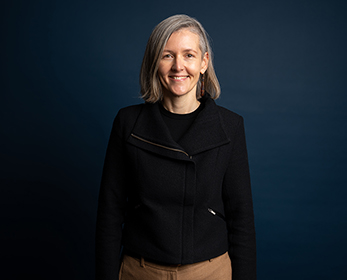Edith Cowan University (ECU) has launched a new Framework for the Productive and Ethical Use of Artificial Intelligence (AI).
Developed by Deputy Vice-Chancellor (Education) Professor Rowena Harper and The Stan Perron Professorial Chair in Business Ethics Professor Edward Wray-Bliss, Professor Harper said the framework is a critical first step in advancing ECU’s commitment to engaging constructively and critically with AI in line with the university’s purpose, strategic vision, and values.
"As an emerging and rapidly evolving technology, AI presents enormous opportunities across all areas of our university's work," Professor Harper said.
"The range of tools now available offers a seemingly infinite number of applications that have the potential to enhance the educational experience, support research with impact, and drive positive contributions to industry and communities – providing we can successfully navigate its potential risks."
AI framework explained
The new ECU AI framework was developed in collaboration with ECU's AI Steering Committee and Working Groups and is based on the latest research and policy from a range of leading bodies.
Professor Edward Wray-Bliss said it is also informed by best practice in the development of effective organisational ethics frameworks.
By the end of 2023 ECU staff and students can expect:
- A set of five over-arching ethical principles aligned to ECU's values
- A tool for reflecting on potential risks involved in any use of AI
- A set of guidelines for responsible use that support the application of ethical principles in different domains of work.
AI – for the future
ECU Deputy Vice-Chancellor Professor Rowena Harper said the advancement of these new technologies could support educators in transforming learning into a more personalised process that enhances human capability and advances research and new knowledge.
"ECU has made it clear from the outset that we would embrace AI technologies across the university, and this ethical framework will empower and enable staff and students to do that," Professor Harper explained.
"We need to remain alert to the very real threats that AI presents to individuals, organisations, and society. This framework supports that, enabling the kinds of situated judgements that will be needed to collectively navigate our ethical engagement with AI."

 The framework is a commitment to engaging constructively with AI.
The framework is a commitment to engaging constructively with AI.




